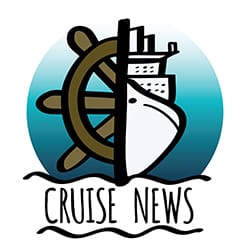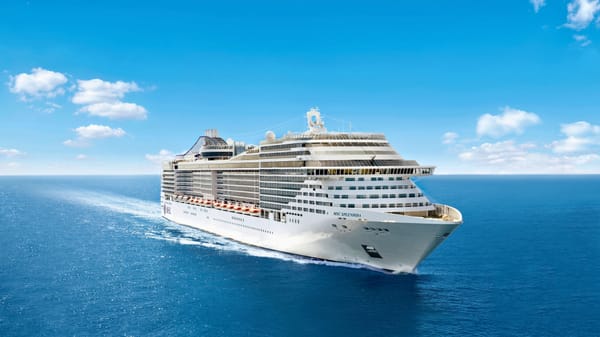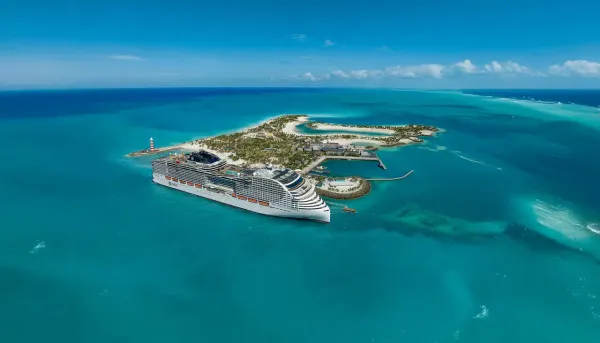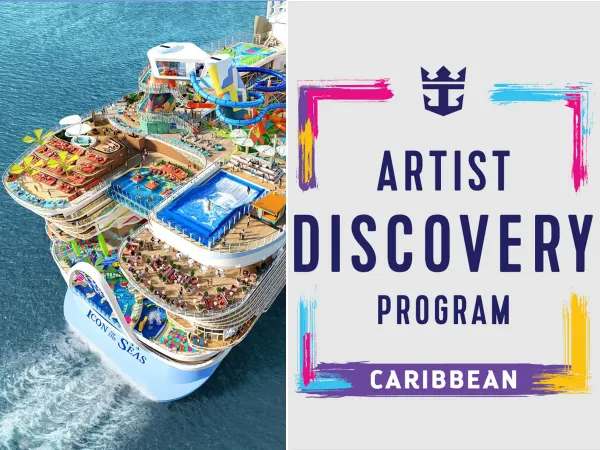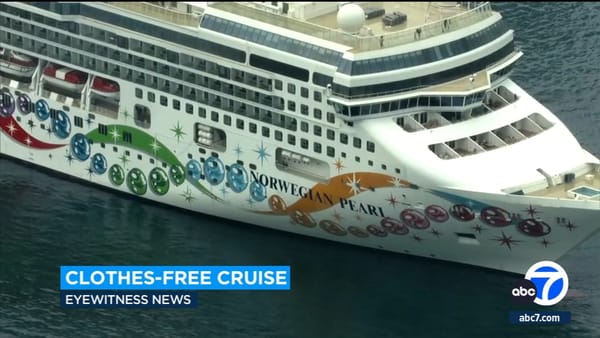Carnival Bans Two British Influencers for Five Years Over Critical Reviews
Carnival’s decision highlights tensions between cruise operators and independent reviewers as social media criticism shapes travel reputations and provokes debate over transparency in the industry.
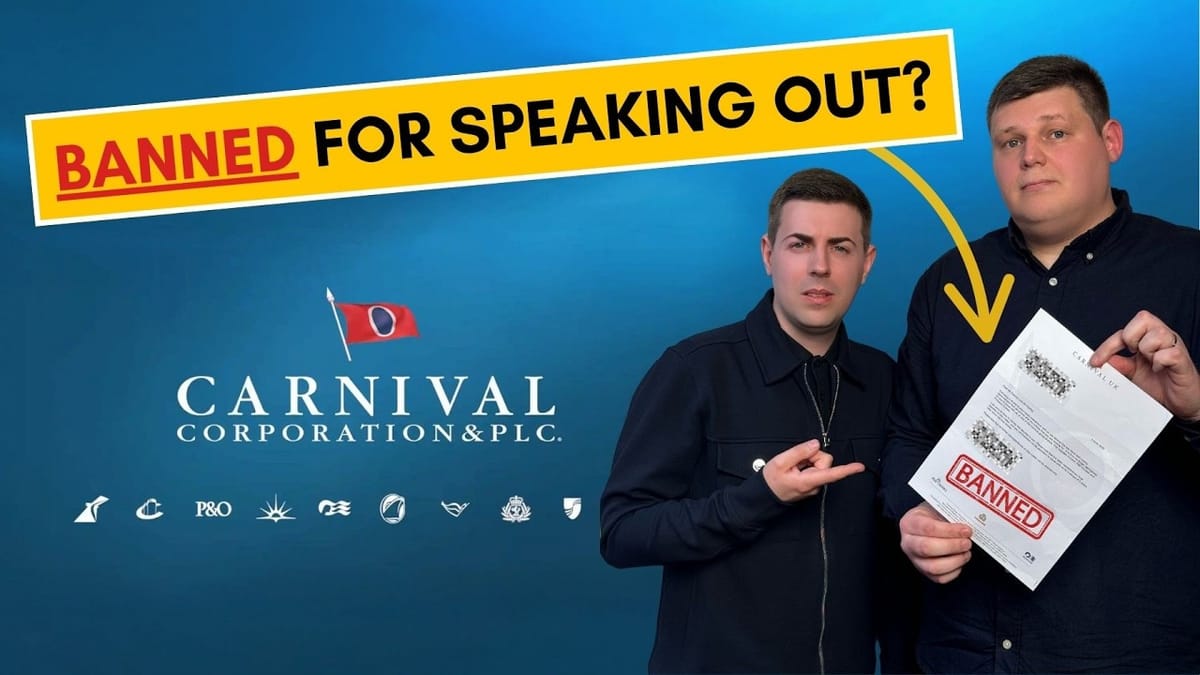
Two British travel influencers, Dan Wailing and Jay Cannon, have been banned from sailing on all eight Carnival Corporation cruise lines for five years following multiple critical reviews, including what they described as “the worst cruise [they’ve] ever done” aboard Carnival Miracle. Both content creators, affiliated with Sail Away Magazine and related online channels, received official notification in a letter referencing a “no longer appropriate” travel relationship. The ban may be reviewed after the five-year period.
Carnival’s Five-Year Ban and Scope
Wailing and Cannon first learned of the ban through correspondence from P&O Cruises, one of Carnival Corporation’s UK brands. That same letter declared the pair’s presence “no longer appropriate” on any of the company’s eight lines. Those brands include Carnival Cruise Line, Princess Cruises, Holland America Line, Cunard, P&O Cruises (UK), Costa Cruises, AIDA Cruises, and Seabourn.
The company cited its inability to provide the holiday experience the pair sought, referencing their past negative coverage of Carnival-affiliated sailings. Carnival Corporation declined to offer additional commentary, and the letter stated no further correspondence would be entered into regarding the decision.
The Carnival Miracle Incident
The ban followed a recently published review in which Wailing and Cannon reported long embarkation queues and an unclean cabin, saying they found hair on various surfaces. They labeled the voyage on Carnival Miracle “the worst cruise we’ve ever done.” Carnival upgraded them to a suite and provided the sailing at no cost as a recovery measure, but the influencers maintained a critical stance on the vessel’s overall design and service.
This was not the first instance of negative feedback from the duo. They had issued earlier critiques about P&O Cruises, also under Carnival Corporation. A poll on their Sail Away Magazine platform indicated that 72% of respondents believed the overall cruise experience had worsened under Carnival UK’s stewardship, though the poll’s scope was limited to their readership. In contrast, Wailing and Cannon had previously praised other Carnival-affiliated brands, including Holland America Line, where they once celebrated their wedding.
Reactions and Industry Implications
Wailing expressed concern that the ban might discourage candid reviews in the cruising community, asking, “Does this send a warning to other passengers about the consequences of sharing honest reviews?” Analysts say this move underscores the industry’s growing challenges in balancing brand reputation with rising influencer power, as many potential travelers rely on social media and independent websites for unfiltered feedback.
Bans for publicly voiced criticism remain rare in the cruise sector. Passenger removal or future booking refusals are more commonly associated with safety or conduct violations onboard. Critics argue that the ban raises questions of censorship and transparency, while supporters note any cruise line retains the right to deny service at its discretion. Some observers believe Carnival’s silence may inadvertently amplify attention to the influencers’ criticisms.
Frequently Asked Questions (FAQs)
Why were Dan Wailing and Jay Cannon banned?
Carnival Corporation informed them they could no longer provide the holiday experience the creators were seeking. The ban followed multiple negative reviews on Sail Away Magazine and social media, including critical coverage of Carnival Miracle and other affiliated brands.
Which cruise lines are included, and how long does the ban last?
The ban covers all of Carnival Corporation’s eight brands: Carnival Cruise Line, Princess Cruises, Holland America Line, Cunard, P&O Cruises (UK), Costa Cruises, AIDA Cruises, and Seabourn. It is set to remain in place for five years, with a review possible afterward.
Did Carnival cite any safety or conduct violations?
No. The letter shared by Wailing and Cannon did not reference any specific misconduct. It centered on the view that Carnival could not offer the type of holiday the influencers were seeking, rather than alleging safety or conduct breaches.
Is banning passengers common for negative reviews?
Passenger bans are unusual for critical feedback alone. Cruise lines sometimes enforce bans for behavioral or security reasons, but negative online commentary is typically addressed via customer service gestures or service recovery tactics rather than refusing future travel.
What do the influencers say about the ban?
The duo claim it may signal broader repercussions for passengers who publicly voice dissatisfaction. They insist their reviews reflect genuine experiences and plan to continue reviewing other cruise products despite being prohibited from Carnival brands.
As more travelers use influencers’ assessments to guide vacation decisions, the dispute illustrates potential friction between traditional corporate strategies and the open discussion culture of digital media. While the final outcome for Wailing and Cannon remains subject to a five-year review, the ban underscores the evolving relationship between cruise lines, public feedback, and online platforms.
